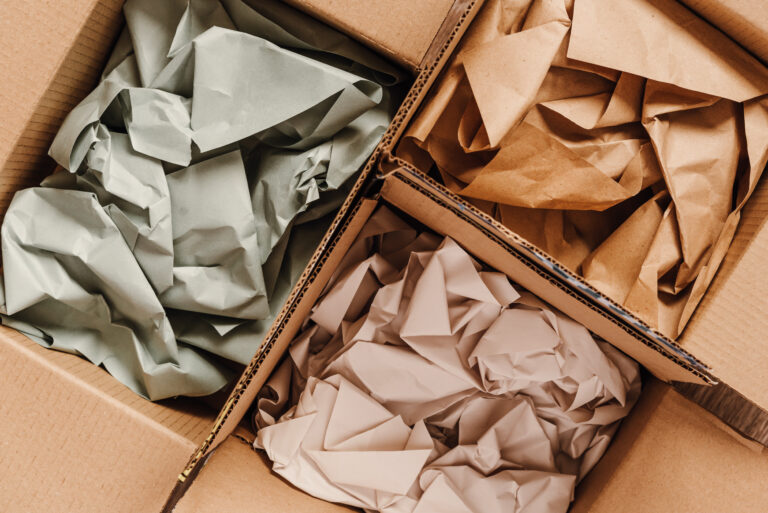The European Parliament has announced new measures to make packaging more sustainable and reduce packaging waste in the EU, including reduction targets of 5% by 2030, 10% by 2035 and 15% by 2040.
To reduce unnecessary packaging, a maximum empty space ratio of 50% is set for grouped, transportation and e-commerce packaging; manufacturers and importers will also have to ensure that the weight and volume of packaging are minimized.
Certain single-use plastic packaging types will be banned from January 1, 2030, as will the use of so called ‘forever chemicals’ (per- and polyfluorinated alkyl substances) above certain thresholds in food contact packaging.
Final distributors of beverages and take-away food will have to offer consumers the option of bringing their own container. They will also be required to endeavor to offer 10% of products in a reusable packaging format by 2030.
Under the new rules, all packaging (except for lightweight wood, cork, textile, rubber, ceramic, porcelain and wax) will have to be recyclable by fulfilling strict criteria.
Measures also include minimum recycled content targets for plastic packaging and minimum recycling targets by weight of packaging waste.
By 2029, 90% of single-use plastic and metal beverage containers (up to three liters) will have to be collected separately (via deposit-return systems or other solutions that ensure the collection target is met).
Member of European Parliament Rapporteur Frédérique Ries said, “For the first time in an environmental law, the EU is setting targets to reduce packaging, regardless of the material used. The new rules foster innovation and include exemptions for micro-enterprises. The ban on forever chemicals in food packaging is a great victory for the health of European consumers. We now call on all industrial sectors, EU countries and consumers to play their part in the fight against excess packaging.”
The European Council will need to formally approve the agreement before it can enter into force.


